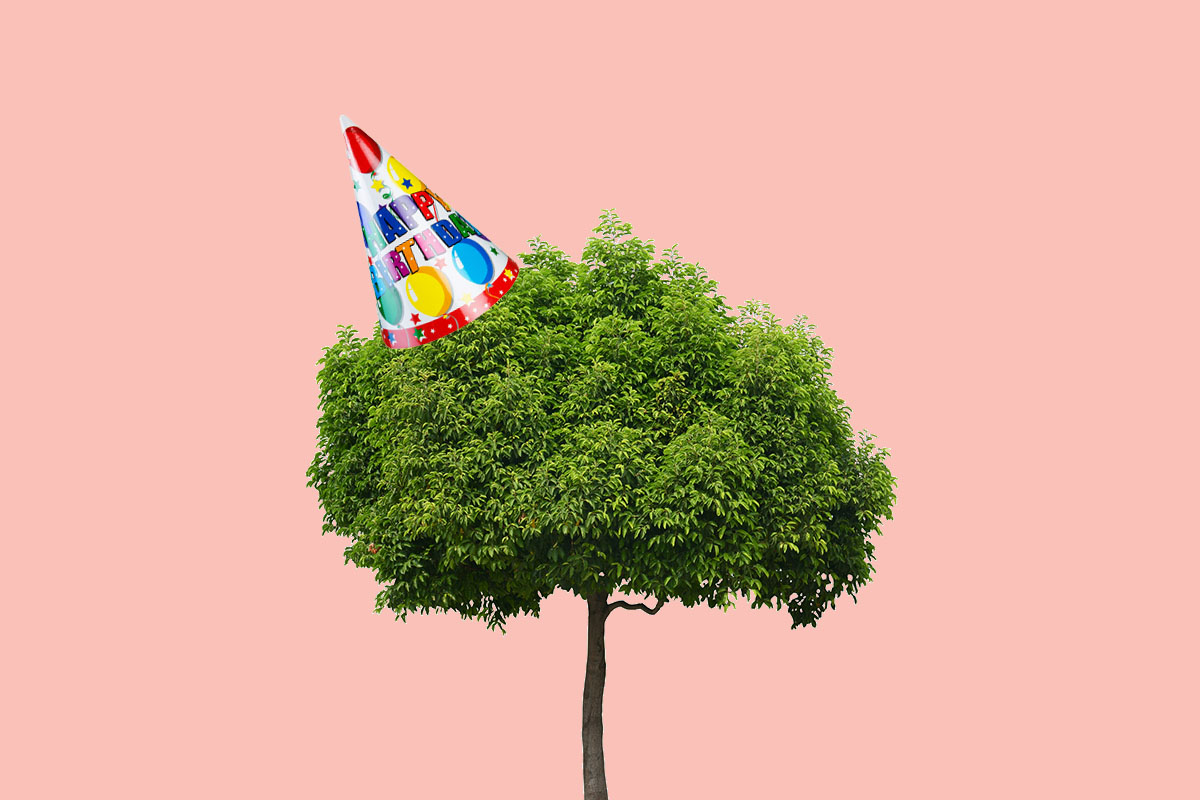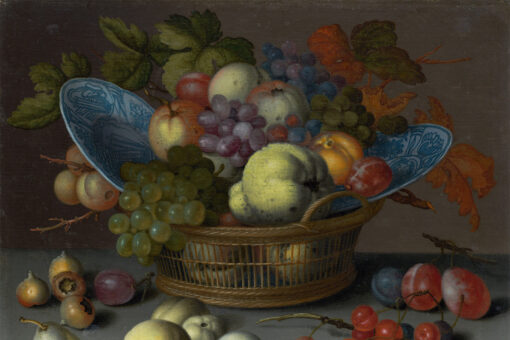Unless you attended a Jewish day school for the majority of your life like I did, you probably know zilch about Tu Bishvat. And you know what? That’s okay. But you might want to learn about this Jewish holiday that technically didn’t even start out as a Jewish holiday because guess what? It’s a birthday party for trees!
That’s right, no one throws down harder than trees at their Hebrew birthday shindig, and you’re about to find out why. By the end of reading this piece, you’ll be the resident Tu Bishvat expert and party planner in your social circle — beleaf me (get it???!).
The Basics
Like I said, Tu Bishvat wasn’t originally a holiday.
In the Torah, God told the Jewish people that when they got to the land of Israel and planted trees, they were forbidden to eat its fruit for the first three years (um, tease much?). On the fourth year, the fruit was supposed to be gifted to priests in the Temple, and it wasn’t until the fifth year when farmers could finally reap the benefits of their hard labor.
No matter when they were planted, Rabbis marked the 15th of the Hebrew month of Shevat as the general birthday for all trees. Why? Because they figured that by that point in Israel, the annual rainfall had passed its peak, which meant a healthy, water-fed blanket of soil for farmers to plant new trees.
The Seder
Okay, here comes the fun stuff: the birthday bash. In the 17th century, Kabbalists planned the trees’ birthday dinner by low-key/very high-key ripping off the iconic Passover seder.
Like Pesach, the Tu Bishvat seder is guided by a Haggadah, four cups of wine (I told you the trees party hardy), and questions. In between sipping on red and white glasses of wine, we eat fruit connected to the land of Israel like olives, dates, almonds, and pomegranates.
Drinking four cups of wine with only some fruit to nosh on might leave you a little twisted, so make sure you don’t start the seder on an empty stomach.
Wanna host a banging Tu Bishvat seder of your own? Check out this guide.
Jewish Earth Day
When Tu Bishvat was first invented, it was merely to mark an important agriculture day for farmers. Today, Jews celebrate the tree’s New Year (and three other New Years during the Hebrew calendar) as a way to reconnect with the ancestral land of Israel and as a reminder of our duty to protect the environment.
Planting trees or community gardens has become a popular way to celebrate Tu Bishvat.
In Conclusion
If you want to save the environment, throw a banging party for trees, plant some seeds, and nosh on some Israeli fruit. There ya go! Now you’re an expert on Tu Bishvat.



